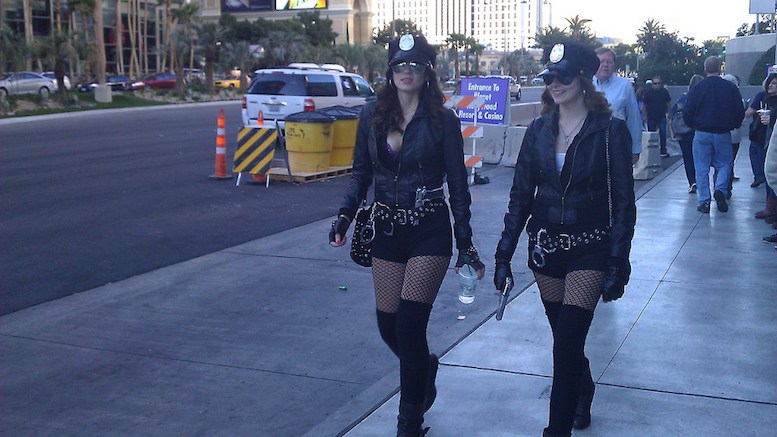University City, Missouri, home to Washington University and the Loop, a buzzy restaurant and theater district bordering the City of St. Louis, recently survived a challenge to its ordinance prohibiting activities that obstructed sidewalks and walkways. That victory followed litigation against an earlier ordinance that had prohibited a much broader, vaguer set of activities, like “tending to hinder or impede the free and uninterrupted passage of … pedestrians” and remaining stationary in a public sidewalk while engaged in speech or performance. The original ordinance also prohibited musical performances on private property without a permit.

After several street performers challenged the original ordinance, the city amended it to add
Continue Reading St. Louis Suburb Wins Some, Loses Some in Challenge to Ordinance Regulating Sidewalk Obstructions and Street Performances





